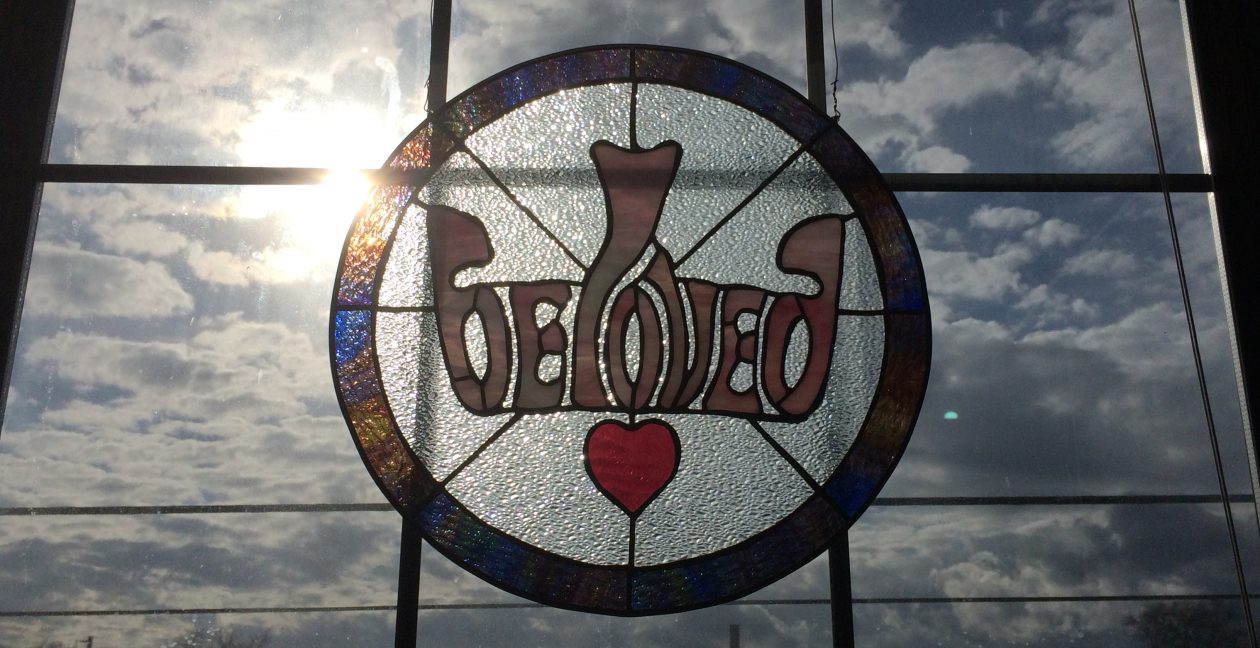Ash Wednesday has always been one of my favorite moments in the liturgical year. Although my father found it morbid, I’ve always found the moment where ashes are applied to my head with the words “Remember you are dust and to dust you shall return,” to be a beautiful and useful reminder of my own mortality and fallibility. But this year, Ash Wednesday is sitting a bit differently with me.
In April of 2020, about a month into Covid 19 virus pandemic in the U.S., I received a call that my Dad, who had been battling stage 4 brain cancer, was not expected to last much longer. I quickly left work, and drove from Western MA to my parent’s home in Silver Spring, MD. The specter of death was everywhere on my drive. I arrived home and was able to spend time with my father before he died early the next morning.
Given my own experience with death and the relentless death toll from Covid 19, likely to be over half a million by the time you read this, I don’t need a reminder of my own mortality this year, and I suspect none of you do either. I also suspect that there are many people who have never needed a reminder of the reality of death or of human fallibility. Whether it’s my LGBTQIA+ elders who lived through the early days of the HIV+/AIDS epidemic, or trans people, particularly trans women of color, who face horrific violence and even murder, or unarmed black men and women, from George Floyd to Sandra Bland, murdered by the police, there are many in our country and our world who are well aware of their own mortality and the ways in which societal injustice has hastened it.
What does Ash Wednesday mean in this context? All three lectionary readings for today focus on the theme of repentance, or a returning to God. An alternative formulation when giving ashes is, “Repent and believe in the Gospel.” What does repentance entail? In the reading from Joel we are told to “Return to the Lord with all our heart” and to “sanctify a fast.” And while this is all well and good, I find myself wishing Joel had been a little more specific.
Part of the true repentance is a recognition of the ways we have failed in the past and a commitment to do better in the future. An alternative first reading for Ash Wednesday is Isaiah 58: 1-12. “Is not this the fast that I choose: to loose the bonds of injustice, to undo the thongs of the yoke, to let the oppressed go free, and to break every yoke? Is it not to share your bread with the hungry, and bring the homeless poor into your house; when you see the naked, to cover them, and not to hide yourself from your own kin?“
We return to the Gospel and to God through our actions on behalf of those marginalized. We return to the Gospel and to God when we work to lower disparities in death rates between people of color and white people, and between transgender people and cisgender people. And none of this is easy. We are human, profoundly fallible. But as artist, writer, and United Methodist Minister, Jan Richardson writes, “Do you not know what the Holy One can do with dust?” As we go forward into Lent, let us focus not only on our mortality and fallibility, but on allowing the transforming power of God in us and through us.
